Welcome
I started this blog in 2013 to share my reflections on reading, writing and psychology, along with my journey to become a published novelist. I soon graduated to about twenty book reviews a month and a weekly 99-word story. Ten years later, I've transferred my writing / publication updates to my new website but will continue here with occasional reviews and flash fiction pieces, and maybe the odd personal post.
History with meddlesome jinns and fairies: The Ninth Child & The Enlightenment of the Greengage Tree29/2/2020 My two final reviews for February are of historical novels with touches of culturally-appropriate magic realism. They also feature the losses and gains of relocating from a major city to a rural area in a period of rapid social change. The first is about public health and engineering in nineteenth century Scotland; the second is set between the late twentieth century and the present in post-revolutionary Iran.
2 Comments
As these might be the only non-fiction books I read this year, I was keen to link them. So following on from two novels about dislocation, I’m delighted to share reviews about the opposite. Unfortunately I got myself lost in the first, aimed at readers with a more solid grounding in Greek and Roman antiquities, but managed to navigate better through the second, which is about literally and metaphorically finding and losing our way.
These two novels feature the displacement of people and the unique cultures and environments they left behind. The first introduces us to the remote Scottish island of St Kilda whose depleted population was evacuated to the mainland in 1930. The second links Venice with the Sunderbans in the Bay of Bengal via folklore and cli-fi. Despite their complementary covers, they’re very different books.
These two recent reads explore physical and psychological survival, or otherwise, in extreme weather conditions. The first is a historical novel about the devastating human, climactic and economic consequences of a volcanic eruption in Indonesia. The second is a translated novella about vulnerable hermit overwintering in the Italian Alps. If you choose to read either of these, you won’t be disappointed.
Both of these novels defy easy classification, but I’ve chosen to pair them for their themes of the legacy of slavery, or the way in which owning another person demeans us all. In the first, we follow a young man, marked by his unusual appearance, from babyhood in Jamaica shortly before independence to England and back. The second is a translated Argentinian dystopian novel about cannibalism. In both novels, a character, or characters, withhold or are denied their voice.
That’s right, both novels are about daughters: the first a debut about the claustrophobic bond between mothers and daughters exacerbated by the claustrophobic island setting; the second a translation from Hebrew set in late 19th-century Russia about the consequences of a father teaching his younger daughter his unusual trade. Of course there might be other connections but, as you’ll see if you read to the end, right now, I’ve got fictional daughters on the brain.
|
entertaining fiction about identity, mental health and social justice
Annecdotal is where real life brushes up against the fictional.
Annecdotist is the blogging persona of Anne Goodwin:
reader, writer, slug-slayer, tramper of moors, recovering psychologist, struggling soprano, author of three fiction books. LATEST POSTS HERE
I don't post to a schedule, but average around ten reviews a month (see here for an alphabetical list), some linked to a weekly flash fiction, plus posts on my WIPs and published books. Your comments are welcome any time any where. Get new posts direct to your inbox ...
or click here …
Popular posts
Categories/Tags
All
Archives
March 2024
BLOGGING COMMUNITIES
|
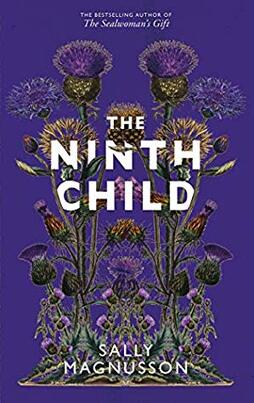
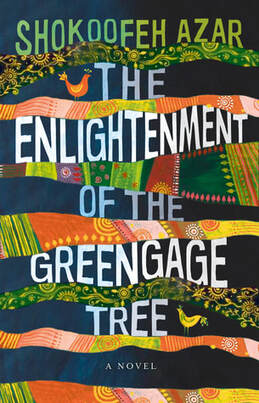
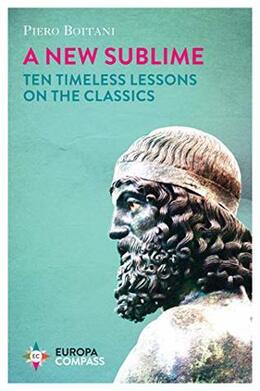
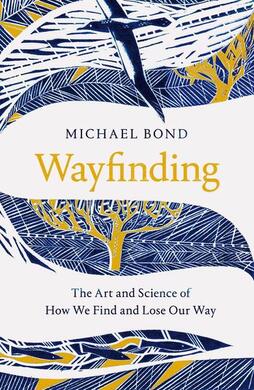
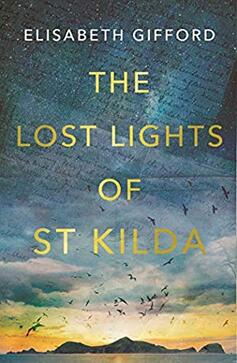
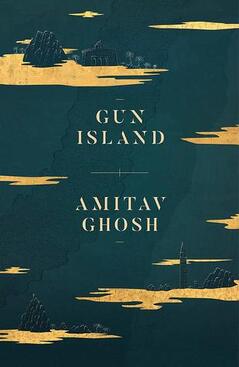
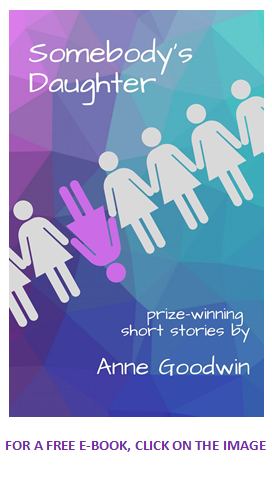
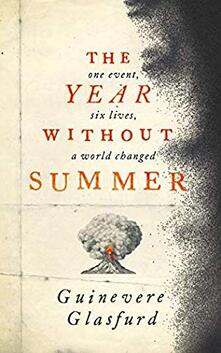
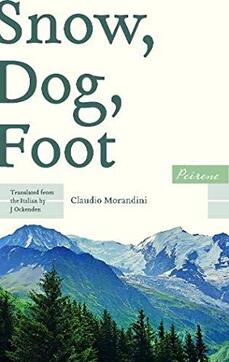
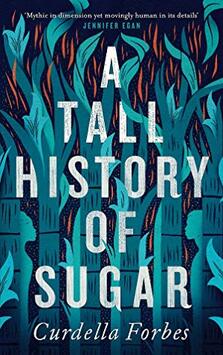
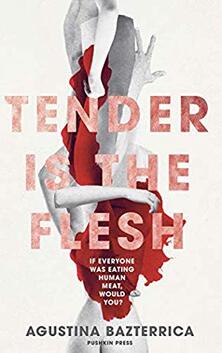
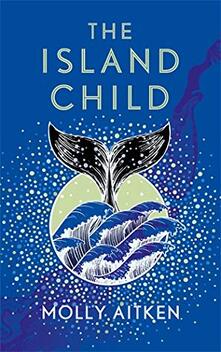
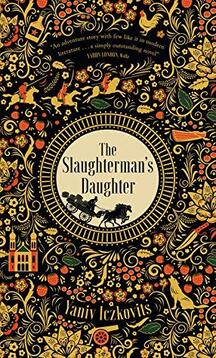





















 RSS Feed
RSS Feed





















